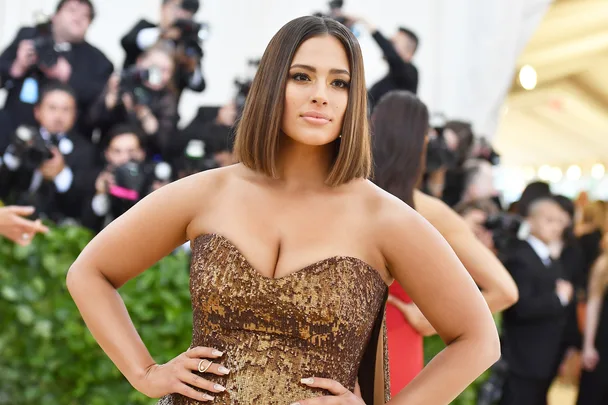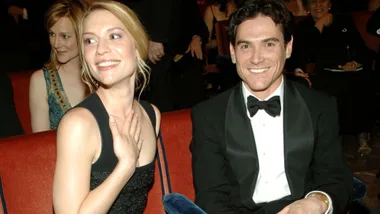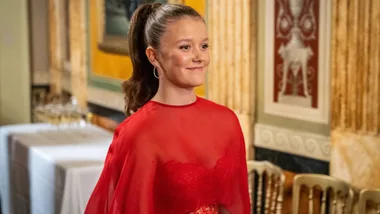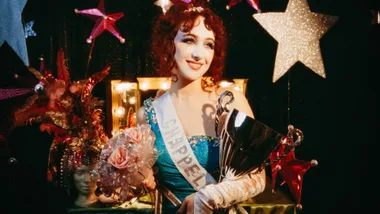It’s a truth universally acknowledged that if a woman is a public figure with a larger body, people feel entitled to ask her about it. The phenomenon is one we see over and over again, no matter how tiring or insulting it can sometimes be. Women’s accomplishments, whether as brand founders, models, activists, or actresses are so often filtered through the lens of their body. “Look at what she did!” comes the first proclamation, with a silent-but-implied, “even though she looks like that.”
There has been a push in recent years towards a healthier and more realistic conversation about bodies, pioneered by many of those same figures. However, it’s not without cost. Supermodel Ashley Graham has revealed that she hates having to “constantly” discuss her body in a new interview with the Wall Street Journal. In spite of this, Graham does it anyway. For her, it’s important to model (literally) the type of person she needed to see in the world.
“I hate that I constantly have to discuss my body, because I don’t know any man that has to do that,” Graham told WSJ. “But what motivates me to continue to talk about my body is that I didn’t have someone talking about their body when I was young.”
“This is why I don’t post like the ‘perfect’ Instagram photos. I keep it real and raw constantly because I want [people] to know that there are women with cellulite, with back fat, with stretch marks,” she explained. “There are a lot of curvy women, plus-size women, fat women, whatever you want to call them.”
“My brand is about confidence and owning who you are and being honest with who you are,” Graham said. “I think that’s incredibly reflective of my Instagram, my YouTube, my podcast. I just wish that I had someone that was as real and honest and open when I was in middle school, high school, moving to New York.”
“I really feel like in so many ways my career and what I’m doing is to change an industry forever,” she said. “This has to be the moment where fashion changes—where TV, film, everything changes.”
“If you’re not talking about something that you’re passionate about, then what are you using your platform for?” she added. “How are you creating change?”
Graham’s comments reveal a double-edged sword that so many women come up against. As much as she is held up as a body-positivity trailblazer, it also means she’s subject to constant critique, misguided health inquiries and ire, merely for existing in her body. We’re hopeful that the work that people like Graham are doing is impactful, even if we’d prefer she didn’t have to have these taxing conversations at all.










